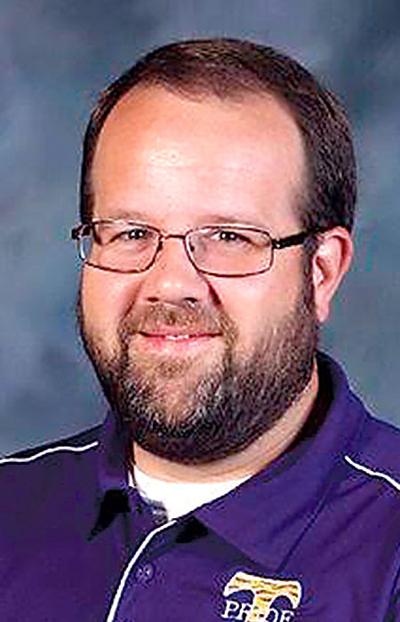A sure sign things are returning to normal: After a few weeks in which Americans were united in the common cause of staying well and being safe, we are now slipping effortlessly back into the harsh polarization of our attitudes in the culture wars.
Before we descend completely into the abyss of the politicization of everything, I wish to share a reminder or two from some Zoom meetings I have participated the past couple weeks.
To be honest, I had never really paid attention to Zoom until the coronavirus crisis. I think I had participated in one or two FaceTime calls over the years, and even those were either by accident or because I was tricked into them. I suppose I’ve never really been a fan of what we had called distance learning.
My co-worker, Robby Glasscock, has been working on his doctorate over the past year or so at Auburn University, and he has shown me what some of his college classes have looked like: “Brady Bunch”-style boxes on a computer screen, with a facilitator moderating the discussion while participants unmute themselves to speak or make comments in a chat window.
It seemed, somehow, a cold and lifeless path to learning, but it was fitting because obviously it would be impossible for gainfully employed grown-ups with families and responsibilities to take years off to work on advanced degrees. In other words, for graduate school, online classes seemed to make sense.
I suppose the thought we would ever depart completely from a traditional teacher-in-front-of-classroom, students-in-a-desk type of instruction just seemed so foreign to my K-12 world that existed until March 13. For me, at least, I just could not envision how my attention deficit could handle a world without that face-to-face contact.
Having said all of that, we are all learning to work within this new learning paradigm with varying degrees of success. I have to give high praise to the teachers in our school system in particular. They have gone out of their way to connect with the students despite this challenging time in which we are living. As I write this article, my fifth-grade daughter is in a Google Classroom chat working on math problems with her teacher’s assistance; my ninth-grade daughter is in an email exchange with her history teacher about some of the material he emailed the class. Until recently, we did not all utilize these amazing tools to the degree we’re using them now.
The past two weeks, the Alabama Music Educators Association has held what it is calling “Online Town Hall and Social” Zoom meetings. Every music teacher in the state is invited.
The AMEA is doing all it can to make these as normal as possible. While we can see the faces of our musical colleagues, only one may speak at a time.
Two of my former classmates from Troy University who now teach in the Auburn City Schools system had some great words of wisdom.
The first week, Dr. Phil Wilson addressed our group with tips on how to stay relevant during this time. He also directed us to helpful resources we can use with our music students at any grade level, despite the social distancing.
This week, Dr. Rob Lyda spoke to us about being positive and proactive, reminding everyone the fine arts are getting people through these times. He also mentioned another ‘P’ word —professional. Many people are frustrated with the turn of events, but going online and being super-bad on social media with opinions won’t make this any easier when — not if — we return to normal.
So, as we slowly emerge from our quarantines over the next few weeks, for my part I am hoping to be able to apply all we’ve learned to our new educational lives in an outside world that will no doubt be much different than the one we left on March 13.
Michael Bird is a music teacher for Tallassee City Schools and a weekly columnist for The Tribune.




